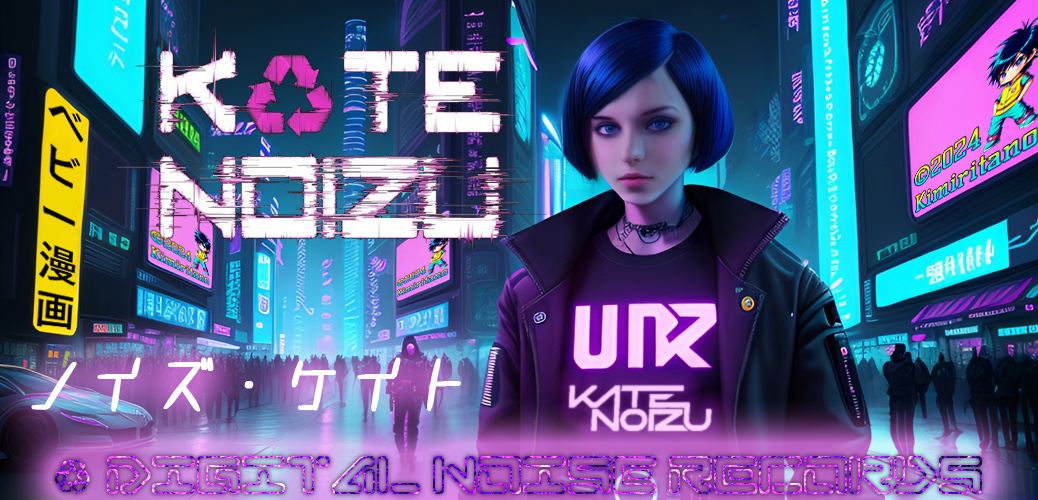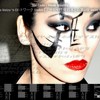T͚̱̳̠͙̀̕h̨͏̯͈e̵̡͙͓̼͎͙͎ ̵̢͔̻͚͇̲͙M̯̩̼̻̥̼͓͝͡a̢͇͇̘̯̮̟̜̝͝ṯ̝̭̯͕͔̘̱͢r̟͕̮̤̕i͙̲̜̭̘͕x̛҉̣̠̫ ̴̟̳͎̫̫̹̮͘ͅẖ͙̮̼͢͝a̧͕͖͎̦͠ͅs͔̟̠̬̞̻̼͜ͅ ̢͈͖͎͎̳̳͝y̛̻͕̻o̺̫̳u̟̻̙
Music / [ Германия/ Япония] ремиксы 2k14~2k12
Download:
WAV, 1412 Kbit
or
MP3, 320 Kbit
Listens: 2 527 Downloads: 1 077
Styles: Noise, Drum & Bass
Remix to: Nic Endo - Mask Identity
Duration: 4:07
BPM: 190
Key: F
Mastered, signed
Size: 41.4Mb
Recording: 11 September 2009
Publication: 13 January 2011 3:02
Replaced: 16 February 2024 21:11





Comments